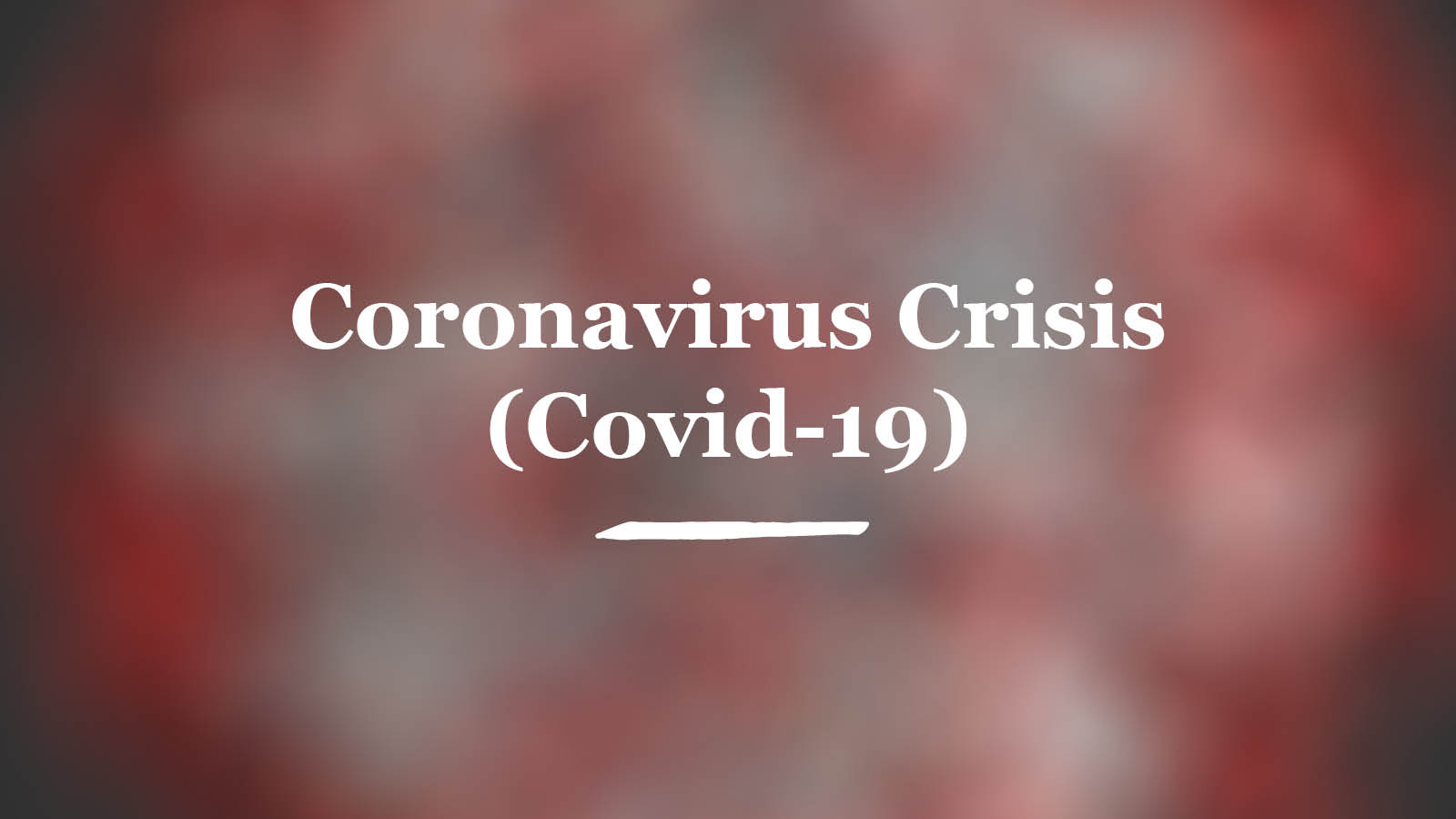Under international human rights law, emergency legislation and measures should be strictly temporary, limited to addressing the situation at hand, and contain appropriate safeguards. They must remain subject to meaningful legislative and judicial oversight.
United Nations High Commissioner for Human Rights
Download the full statement in English and in Russian.
The undersigned call on all states to maintain a human rights-orientated approach to all decision-making throughout this critical period, including by ensuring the protection of vulnerable and marginalised populations, repealing or reversing COVID-19 response policies at an appropriate time, and immediately ceasing any and all attacks against human rights defenders.
In the face of the spread of the virus, most countries have responded in ways that would have seemed unimaginable only a few months ago. Governments are limiting freedom of expression in an attempt to counter misinformation about the virus. Freedoms of association and assembly are curtailed as governments seek to impose mandatory social distancing to reduce rates of infection. Human rights defenders find their efforts to monitor closed institutions and protect vulnerable populations severely limited. Some are suffering from government efforts to label them enemies of the state for these activities. Many governments are seeking extraordinary powers in order to move swiftly to further combat the spread of a virus which is unprecedented in modern history.
It is in this context that significant leeway is being given to authorities to act quickly and decisively in countering the virus and its effect on our populations. However necessary steps may be, it is equally necessary for states to consider a reminder from the United Nations High Commissioner for Human Rights this week: “Under international human rights law, emergency legislation and measures should be strictly temporary, limited to addressing the situation at hand, and contain appropriate safeguards. They must remain subject to meaningful legislative and judicial oversight.” Emergency measures cannot infringe on absolute rights such as prohibition of ill-treatment and torture. When declaring a state of emergency, authorities must inform relevant international organisations as to which rights they are derogating and the underlying reasons for doing so. Once the emergency is over, states must provide further notifications.
History reminds us that when responding to a disaster, there is often a tendency towards “over-reach”. Legislation can be overly broad, curtailing rights above and beyond necessity. Emergency powers adopted by authorities can be held long after a threat is diminished. History also sadly reminds us that disasters can provide the pretext for political opportunism, with equally disastrous longer-term consequences.
As such, the network of Human Rights Houses calls on all state authorities to act in an open and transparent manner and provide timely access to information about COVID-19 response actions; cease immediately flagrant violations of human rights; place time limits on emergency legislation and measures; ensure meaningful legislative and judicial oversight and contain appropriate safeguards; and, limit actions to those which address the response to the COVID-19 crisis. We remain supportive of actions to reduce the rate of infection and death associated with the coronavirus. But, we will also document and hold to account those authorities that go beyond what is strictly necessary. As civil society organisations, we will strive to hold authorities accountable to their international obligations and to prevent abuse of emergency powers.
- Barys Zvozskau Belarusian Human Rights House, signed by the following member organisation:
- Legal initiative
- Educational Human Rights House Chernihiv, signed by the following member organisations:
- NGO MART
- Center for humanistic technologies AHALAR
- Human Rights Center ZMINA
- Association of Ukrainian human rights monitors on Law Enforcement (Association UMDPL)
- Ivano-Frankivsk regional organization “Moloda Prosvita”
- The “East-SOS” Charitable Foundation
- Chernihiv public committee of human rights protection
- Post up
- Ukrainian Helsinki Human Rights Union
- Centre of civil education “Almenda”
- Human Rights House Azerbaijan, signed by the following member organisations:
- Election Monitoring and Democracy Studies Center
- Legal Education Society
- Women’s Association for Rational Development (WARD)
- Human Rights House Belgrade, signed by the following member organisations:
- Belgrade Centre for Human Rights
- Civic Initiatives
- Helsinki Committee for Human Rights in Serbia
- YUCOM – Lawyers Committee for Human Rights
- Policy Center
- Human Rights House Bergen, signed by the following member organisation:
- Rafto Foundation for Human Rights
- Human Rights House Zagreb, signed by the following member organisations:
- a.B.e. – Be active! Be Emancipated!
- Center for Peace Studies
- CROSOL – Croatian Platform for International Citizens Solidarity
- Croatian Youth Network
- Documenta – Center for dealing with the Past
- Human Rights House Yerevan, signed by the following member organisations:
- Pink Armenia
- Women’s Resource Center Armenia
- Socioscope
- Real World, Real People
- PEN Armenia
- Human Rights House Tbilisi, signed by the following member organisations:
- Article 42 of the Constitution
- Georgian Centre for Psychosocial and Medical Rehabilitation of Torture Victims (GCRT)
- Human Rights Centre ( HRIDC)
- Media Institute
- Sapari
- Signed by Helsinki Foundation for Human rights





